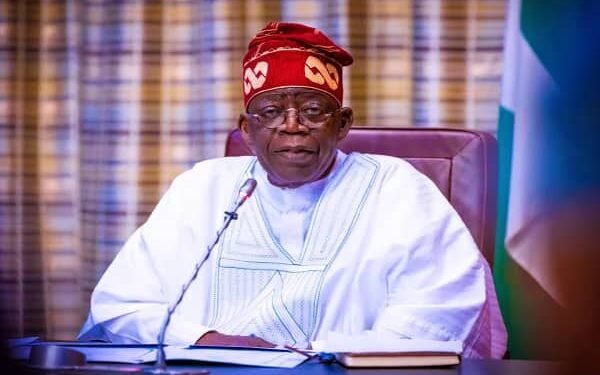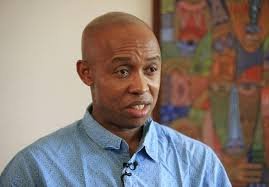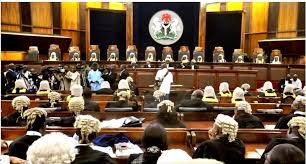In the last few weeks, decisions made by the Tinubu’s government have left Nigerians questioning the competence of those behind the thinking process. Contrary to the essence of a decision, which should eliminate confusion, the recent policies from the presidency have not only confused the masses but has also plunged them into mental and psychological distress.
The record-high inflation, currently hovering around 22.4% to 23%, is one of the consequences of these decisions. Nigeria’s position at 163 out of 191 countries in the Human Development Index is a stark indication of the country’s poor performance in terms of quality of life, access to knowledge, and overall well-being.
The dire situation worsens as a majority of the population struggles to afford even two square meals a day, and unemployment rates soar above 41%. Instead of proactively addressing these issues, the government recklessly removed subsidies, without adequate measures to mitigate the impact. Though I am completely in support of the removal of the subsidy on the petroleum sector because of the monumental criminalities going in the petroleum sector.
However, I think appropriate steps should have been taken to cushion the emerging challenges coming up after the removal. The recent price hike in petrol has not only affected businesses but has also hit the common people hard. The cost of living has reached unprecedented heights, making it difficult for many people and companies to stay afloat. Urgent steps must be taken to address this situation, or numerous businesses and livelihoods may be at risk.
Adding to the burden, the government introduced inconsistent policies, showcasing a lack of proper planning and foresight. The reversed tax policies and hasty #8000 naira subsidy palliatives are emblematic of the government’s haphazard approach.
The introduction of school fees in government-owned institutions further highlights the disconnect between those in power and the plight of the common people. Amidst rampant inflation, fuel scarcity, unemployment, meager minimum wage and the wastages in government, demanding more money from parent and guardians for education is unjustifiable.
It is evident that the government’s timing of policies is grossly inappropriate, as the nation already grapples with numerous challenges. These decisions demonstrate a sheer lack of competence on the part of the government, which should be easing the lives of its citizens rather than adding to their burdens.
Adding insult to injury, while the masses suffer, politicians and government officials seem to be living lavishly. The recent approval of a 40-billion-naira budget for bulletproof cars for members of the National Assembly is nothing short of insensitivity and lack of focus in governance. This extravagant spending while the ordinary citizens struggle to put food on their tables is disheartening.
In the light of these distressing policies, the Nigerian people and labor unions must brace up for the challenges ahead. The situation calls for a united front to demand accountability and fair governance from those in power. It is time for the government to prioritize the welfare of its citizens, think critically before making decisions, and act responsibly to address the pressing issues facing the nation. Only then can Nigeria progress towards a brighter and more promising future for all its people.


























